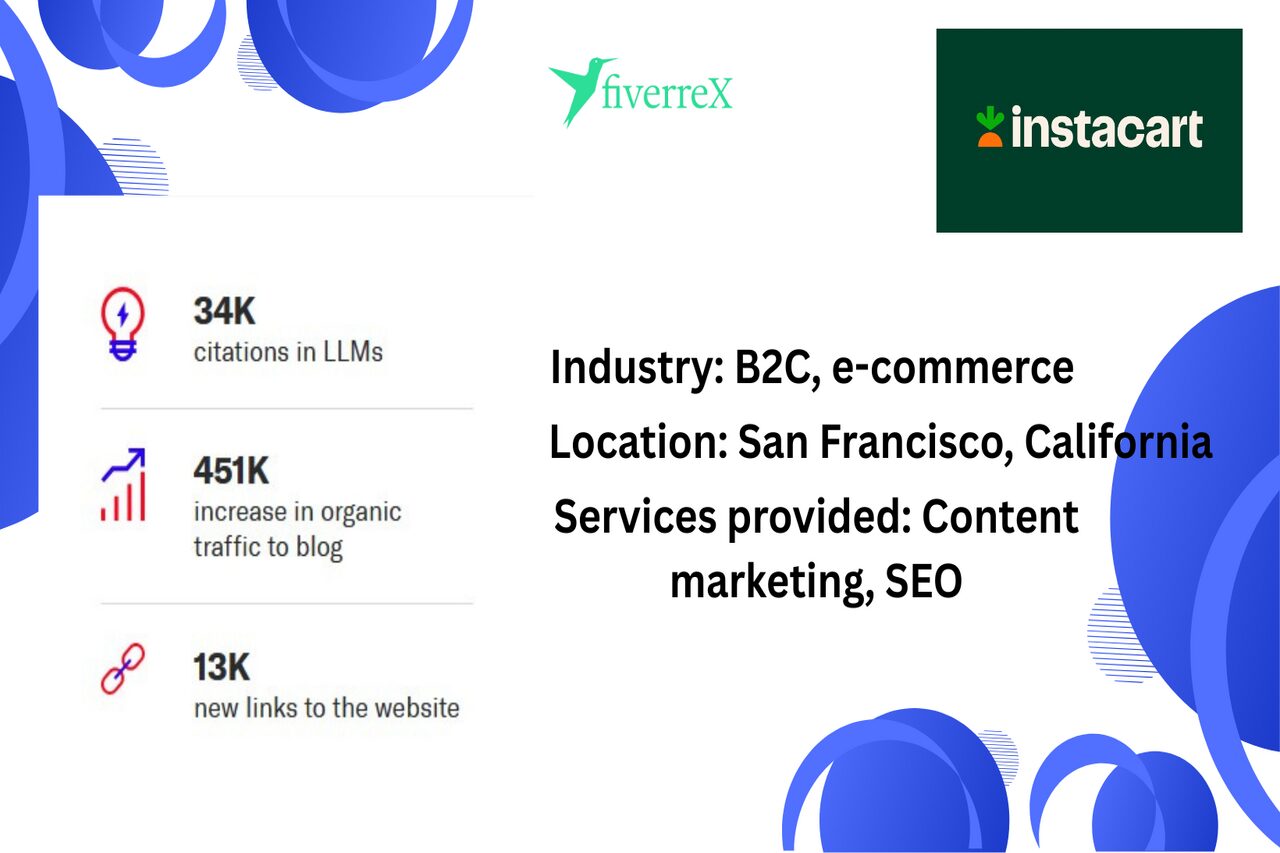In the fast-paced and competitive world of software outsourcing, companies are continually seeking innovative ways to streamline operations, increase efficiency, and scale successfully. One of the most effective strategies for achieving these goals is Enterprise Resource Planning (ERP) integration. For the best companies for outsourcing software product development, leveraging ERP systems is no longer optional—it’s a strategic necessity.
ERP systems serve as the digital backbone of a company, integrating core business processes such as project management, human resources, finance, procurement, and customer relationship management into a single, unified system. For software development outsourcing companies aiming to manage complex, multi-faceted operations across various geographies and clients, ERP integration can deliver transformational value.
1. Centralized Data Management
ERP integration ensures that all departments within a software outsourcing firm operate from a single source of truth. This eliminates data silos and enhances collaboration between development teams, project managers, and stakeholders. Centralized data reduces the risk of errors, miscommunications, and delays, which are critical in a high-stakes outsourcing environment.
2. Enhanced Project Management
One of the biggest challenges software development outsourcing companies face is managing multiple projects simultaneously. ERP systems offer integrated project management tools that allow real-time tracking of timelines, budgets, resources, and deliverables. This not only improves transparency but also ensures accountability at every stage of the development lifecycle.
3. Optimized Resource Allocation
With ERP systems, managers can easily analyze workloads, track employee performance, and allocate resources more effectively. This leads to better utilization of talent, reduced bench time, and improved project outcomes. For growing software development operations, efficient resource allocation is crucial for maintaining quality while scaling.
4. Financial Visibility and Control
ERP platforms provide comprehensive financial management capabilities, including budgeting, invoicing, payroll, and expense tracking. For outsourcing firms, especially those dealing with international clients and remote teams, ERP systems simplify financial operations and ensure compliance with different regulatory requirements.
5. Scalability and Flexibility
ERP systems are designed to grow with the business. As software outsourcing companies scale, ERP platforms can easily accommodate additional users, new clients, and expanded service offerings. This scalability makes ERP a future-proof investment for any company looking to be among the best in software product development outsourcing.
6. Improved Client Satisfaction
ERP integration enables outsourcing companies to deliver consistent, high-quality service by standardizing processes and improving communication. Real-time updates, faster turnaround times, and accurate reporting help build trust and long-term relationships with clients.
7. Compliance and Risk Management
Global outsourcing companies must adhere to various regulatory standards and manage data security risks. ERP systems offer built-in compliance management features and audit trails that help mitigate risks and ensure adherence to laws and client agreements.
8. Integration with Other Tools
Modern ERP platforms can integrate with other business-critical tools such as CRMs, code repositories, and communication platforms. This creates a cohesive technology ecosystem that enhances operational efficiency and supports agile methodologies commonly used in software development outsourcing.
9. Real-Time Reporting and Analytics
Data-driven decision-making is vital in scaling operations. ERP systems provide advanced analytics and reporting tools that give leaders real-time insights into KPIs, project health, financial performance, and more. This empowers decision-makers to identify bottlenecks, forecast trends, and make strategic adjustments swiftly.
10. Competitive Advantage
ERP integration positions software development outsourcing companies to operate more efficiently than competitors still relying on disparate systems. This operational superiority can be a major differentiator when attracting high-value clients or entering new markets.
Conclusion
ERP integration is a cornerstone for growth among the best companies for outsourcing software product development. By centralizing data, optimizing resources, and streamlining operations, ERP systems provide the foundation needed to scale sustainably and competitively. For software development outsourcing companies aspiring to lead the industry, investing in ERP is not just a technological upgrade—it’s a strategic imperative.
As the demand for agile, scalable, and high-quality software development operations continues to rise, those who embrace ERP integration will be best positioned to meet client expectations, adapt to changing market conditions, and achieve long-term success.






